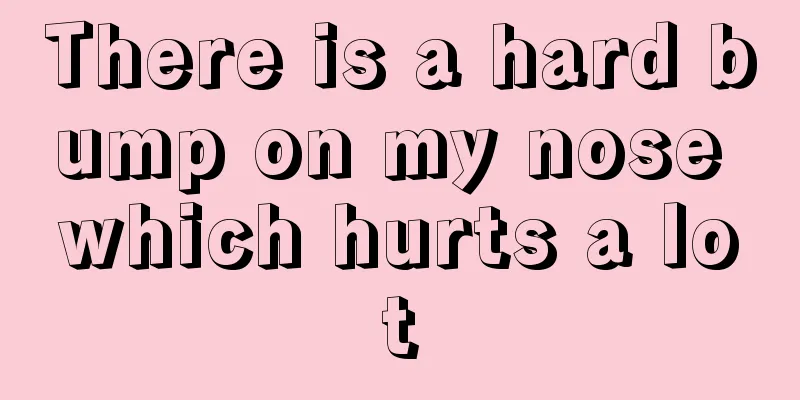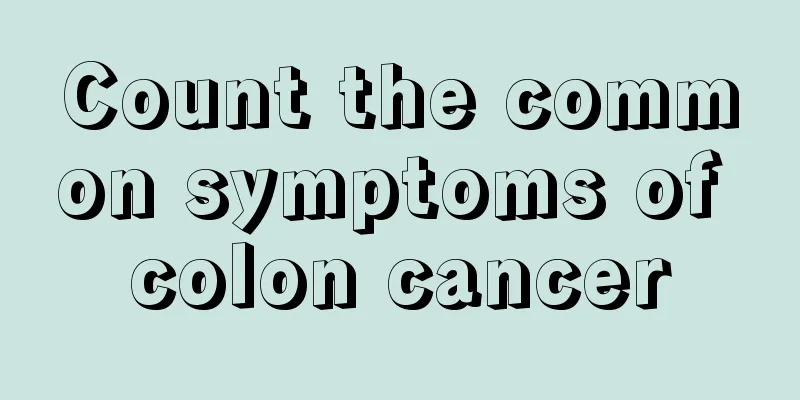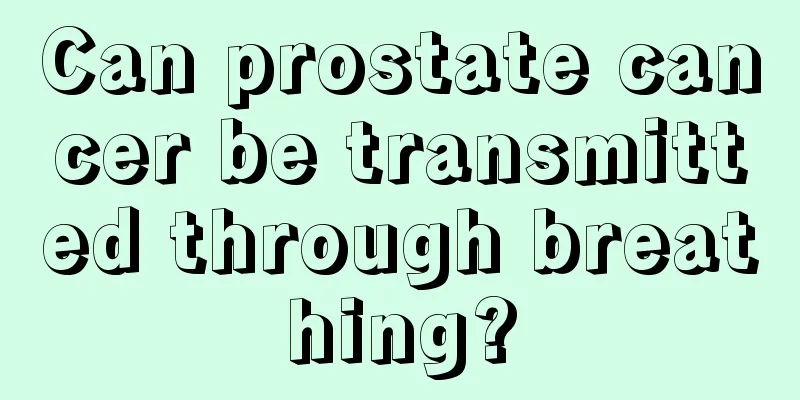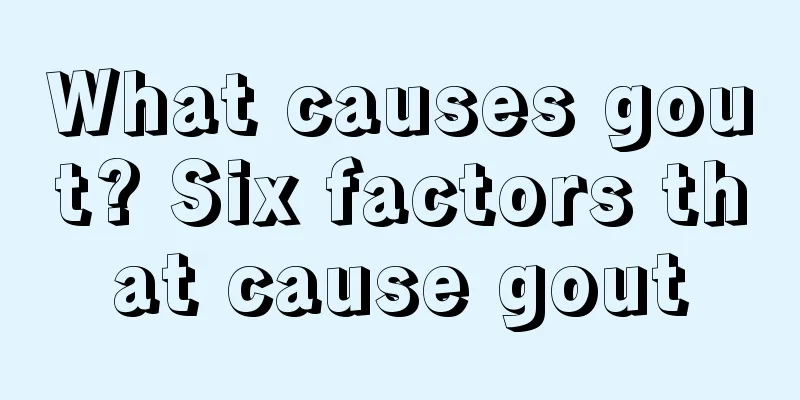What to do if your sinus rhythm is too fast? Here are 3 treatment methods
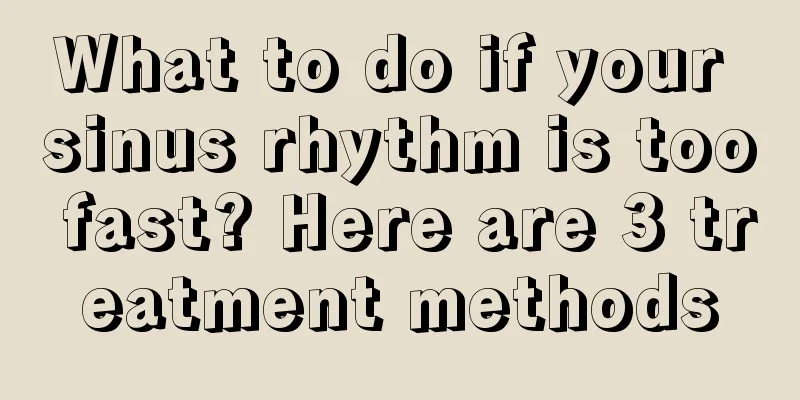
|
The harm of sinus tachycardia is immeasurable, and if not treated in time, it may endanger life safety. Experts say the best way to treat this disease is to prescribe the right medicine for the cause. If the situation is urgent, you can use tranquilizers. During treatment, you should maintain a good mood and not be nervous or afraid. 1. Pathological factors (1) Heart failure: Especially in the early stages of heart failure, the heart rate often increases. (2) Hyperthyroidism: Most patients with hyperthyroidism have sinus tachycardia, with a heart rate generally between 100 and 120 beats/min. In severe cases, the heart rate can reach 120 to 140 beats/min. (3) Acute myocardial infarction: During the course of acute myocardial infarction, the incidence of sinus tachycardia can reach 30% to 40%. (4) Shock: Shock can cause sinus tachycardia. In mild shock, the heart rate can reach over 100 beats/min; in severe shock, the heart rate is even faster, exceeding 120 beats/min. (5) Acute myocarditis: Most patients may experience sinus tachycardia that is disproportionate to the increase in body temperature. (6) Other organic heart diseases: all may cause sinus tachycardia. (7) Sinus tachycardia may occur in cases of anemia, fever, infection, hypoxia, autonomic dysfunction, and after cardiac surgery. (8) Drugs: epinephrine and atropine can also cause sinus tachycardia. II. Treatment Treatment is mainly directed at the cause, and sedatives or beta-blockers may be used if necessary. 1. The treatment of sinus tachycardia should focus on treating the primary disease, supplemented by symptomatic treatment when necessary. For sinus tachycardia caused by congestive heart failure, digitalis preparations, diuretics and vasodilators can be used. Correction of sinus tachycardia is often used as one of the indicators for controlling left heart failure. 2. In the treatment of sinus tachycardia not caused by heart failure, such as sinus tachycardia caused by hyperthyroidism, the use of digitalis cannot slow the heart rate. Note: Digitalis overdose can also cause sinus tachycardia. For patients with sinus tachycardia caused mainly by sympathetic nerve excitement and increased catecholamines, beta-blockers, sedatives, etc. can be used. 3. For the treatment of patients with acute myocardial infarction, when there is no obvious heart failure and the sinus rate is continuously >110 beats/min, in order to slow down the heart rate, a small dose of beta-blockers (such as oral atenolol 6.25-12.5 mg) or calcium channel blockers (such as oral diltiazem 15-30 mg) can be temporarily tried, and they can be taken once every 8-12 hours if needed. Sinus tachycardia secondary to left heart failure should be treated primarily for heart failure. |
<<: Itchy and bloody nose? It turns out that these are the reasons that caused it!
>>: What to do if the sides of the nose are red? It is crucial to stick to these methods
Recommend
What are the causes of flat back syndrome
We all know that under normal circumstances, our ...
What to do if a brain tumor compresses the nerves? How long can you live if a brain tumor compresses the nerves?
Brain tumors can be benign or malignant. For some...
What are the treatments for lung cancer? The three conventional treatments for lung cancer
Surgery is the first choice for the early treatme...
Dietary tips for bone cancer that require special attention
After suffering from bone cancer, the patient'...
Dietary precautions for patients with osteosarcoma
Osteosarcoma is relatively rare in clinical pract...
Can I apply a facial mask if I have skin allergies
Many people's skin is prone to allergies, and...
Explain the common causes of lung cancer
Lung cancer is seriously harmful to our body. Wha...
What to do if there are mosquitoes in winter
We all know that summer is the season when mosqui...
Why can't you do moxibustion on cloudy days
People who know how to keep in good health will p...
The benefits of drinking dried ginger soaked in water
We are usually used to using ginger in cooking, b...
What foods should you eat to prevent liver cancer? Eat these two kinds of meat regularly to prevent liver cancer
Many people know that eating too much meat affect...
Hawthorn varieties
Although many foods have the same name, in the fi...
ABO blood type inheritance rules
When communicating with others, we always habitua...
What causes abdominal pain around the umbilicus?
Pain is the feeling people have after suffering a...
What are the ways to use cosmetic cotton pads?
Many female friends choose to remove makeup direc...




